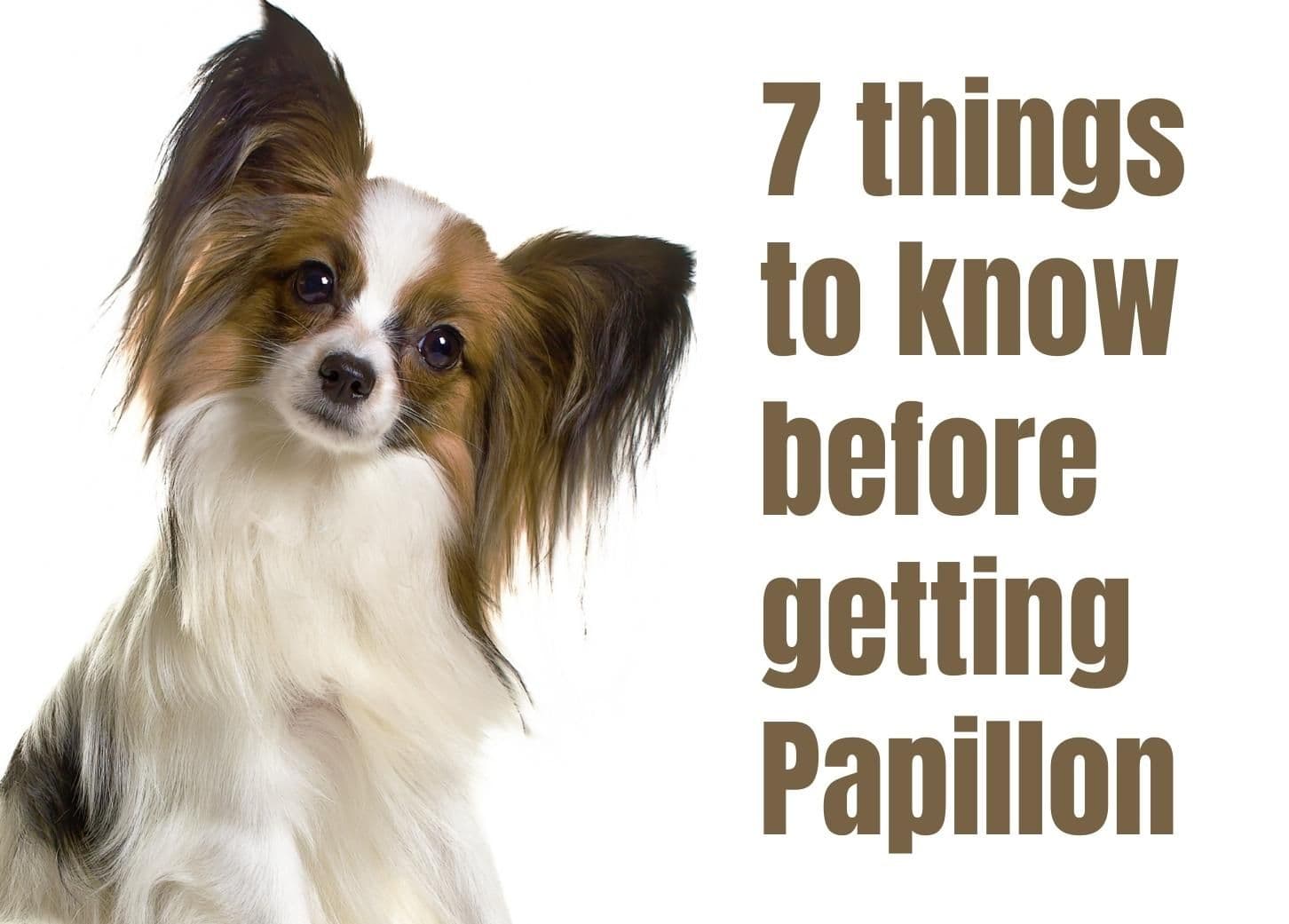Seven Essential Facts to Know About Papillons

If you're thinking of adding a Papillon to your life, you're in for a real treat. These little dogs may be small (we’re talking 5 to 10 pounds max), but they’ve got huge hearts and surprisingly sharp minds. Here’s what I’ve learned over the years about this breed — and what you should know before bringing one home.
A Toy Breed With History and Heart
Papillons aren’t just cute lapdogs — they’ve got centuries of history behind those butterfly-shaped ears (yep, "Papillon" is French for butterfly). Originally bred as companion dogs for European nobles, they were never working dogs or guard dogs. They were made to be with people — and that shows in their personalities.
They’re not just mini Spaniels either, despite their roots. After 700 years of selective breeding, Papillons have become their own distinct breed with a personality that’s more “charming socialite” than “pint-sized barker.”
Social, Snuggly, and Surprisingly Smart
Papillons are incredibly affectionate. If you’re looking for a dog that loves hanging out with you — whether you're binge-watching a show or going for a walk — you’ll love this breed. They’re known for being friendly with kids, cats, and even strangers, so long as you socialize them early.
And despite their size, they’re clever. Papillons are one of the smarter toy breeds and respond really well to training — especially when there’s praise or a treat involved. Just be ready for some extra patience with potty training. Like many small dogs, they can take a bit longer to get the hang of things.
They Really Can’t Be Left Alone
Here’s the deal: Papillons don’t like being alone. At all. They’re people dogs through and through, and if you leave them by themselves for too long, they may start barking, chewing, or even having accidents out of stress.
So if you’re gone all day, this might not be the breed for you — unless you’ve got a plan. That could mean having someone at home, hiring a dog walker, or even having a second pet around. When I had to run errands, I’d make sure my Papillon had a puzzle toy or a safe playdate lined up to help pass the time.
Low-Maintenance Grooming (Yes, Really)
That long, flowy coat might look like it needs a salon visit every week, but it’s actually pretty easy to manage. Papillons don’t have an undercoat, so they don’t shed much compared to other breeds. A few good brushings per week will keep their fur looking great. And no seasonal blowouts — which is a huge plus if you hate dealing with tumbleweeds of dog hair.
Just keep up with the basics: regular brushing, nail trims, ear cleaning, and dental care. That’s it.
Exercise Needs Are Small — Like the Dog
These pups are full of energy, but they don’t need a ton of space. A couple short walks and some indoor playtime each day usually do the trick. That makes them great for apartment living or homes without big yards.
Long Lifespan, Some Health Considerations
Papillons often live 15 years or more — sometimes even 20 — which is impressive. They’re generally healthy, but like all breeds, they do have a few things to watch for. You’ll want to keep an eye out for luxating patellas (loose kneecaps), progressive retinal atrophy (a genetic eye issue), and sensitivity to anesthesia. Regular vet checkups go a long way in catching these early.
Final Thoughts
Papillons aren’t just adorable — they’re loyal, smart, and full of personality. They thrive in homes where someone is around most of the time, and they give back tenfold in love and companionship. If you’re looking for a small dog that’s more than just a lap ornament, the Papillon might be your perfect match.
Take the Quiz
Is a Papillon Right for You?
Papillons are lively, friendly dogs with distinctive butterfly-like ears. Discover if this charming breed is the perfect match for your home by taking our quiz! Answer all questions below to discover your compatibility score and get personalized insights.
Question #1: What is the main reason you want a dog?
Question #2: How active is your lifestyle?
Question #3: How much time can you dedicate to your dog daily?
Question #4: What best describes your home environment?
Question #5: What size dog do you prefer?
Question #6: What personality traits do you want in your dog?
Question #7: How much grooming can you handle?
Question #8: Who else lives with the dog?
Question #9: Is this your first dog?
Please answer all 9 questions to see your results
